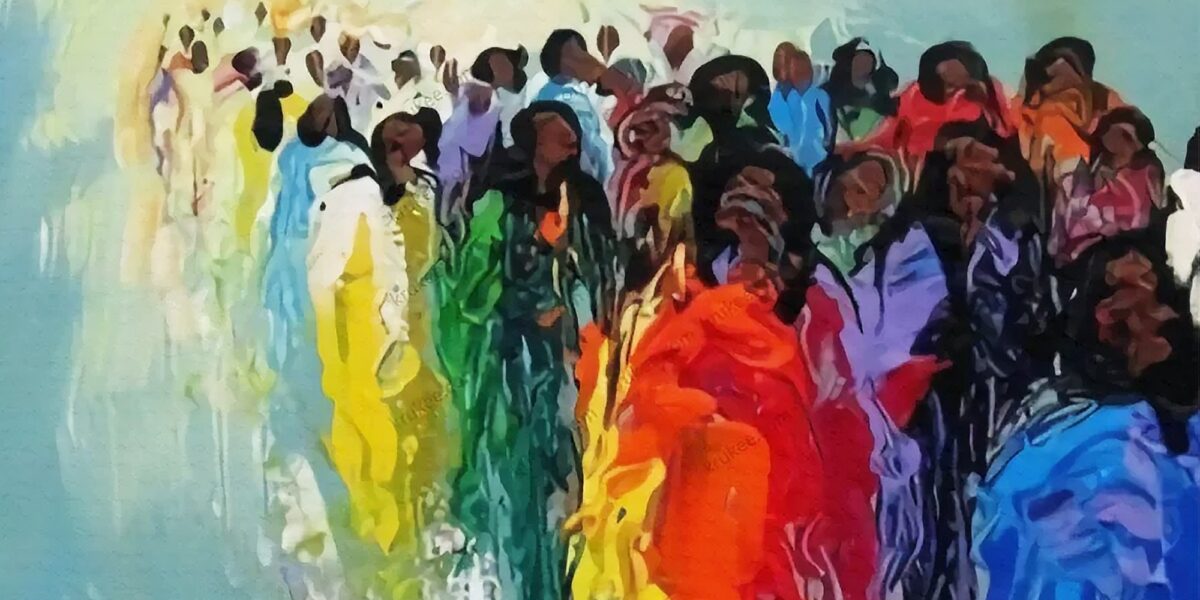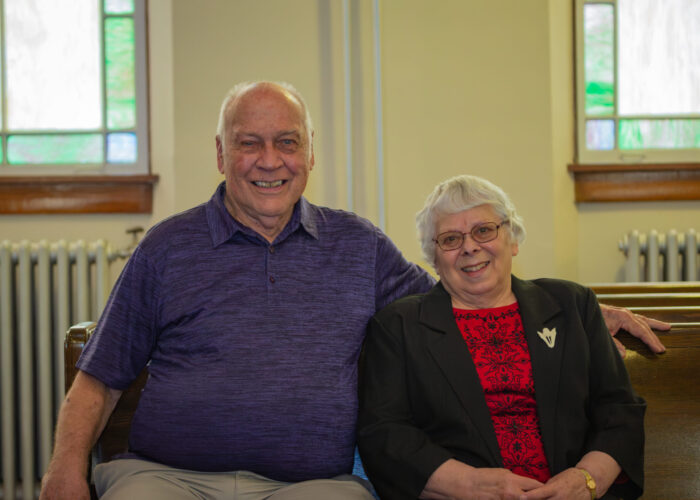Being a pilgrim and embarking on the journey
To be a pilgrim, as Katongole and Rice note below, is to be confronted by a different world – a different reality. We have found and learned that there is some preliminary work that is important in being able to be open to be confronted.
Our hope and intent is to offer this guide as suggestions to help you and your group/community prepare for the journey ahead.
From The "Practice of Pilgrimage" by Emmanuel
Katongole and Chris Rice, Reconciling All Things, 2008.Pilgrims are slowly confronted by a different world that begins to disrupt their own.
Pilgrimage is a very different posture than mission. The goal of a pilgrim is not to solve but to search, not so much to help as to be present.
Pilgrims do not rush to a goal, but slow down to hear the crying. They are not as interested in making a difference as they are in making new friends. The pace is slower, more reflective.
Pilgrims set out not so much to assist strangers but to eat with them. They journey in the wisdom about transformation held in the Rwandan proverb, "if you cannot hear the mouth eating, you cannot hear the mouth crying."
There are so many efforts to make a difference that do not make us different. It is not the people who paint a house in a strange place but rather the people who make friends and are transformed who make the deeper difference over the long haul.
Pilgrims return home as new people. Changed by their journeys they change the world where they live.
Being a pilgrim and embarking on the journey
Some of what you will encounter may be discomforting; it may anger you; aspects may be challenging.
It’s good and important to prepare oneself (as prepared as one can be…) to lean into these experiences with curiosity, openness, empathy, and respect.




